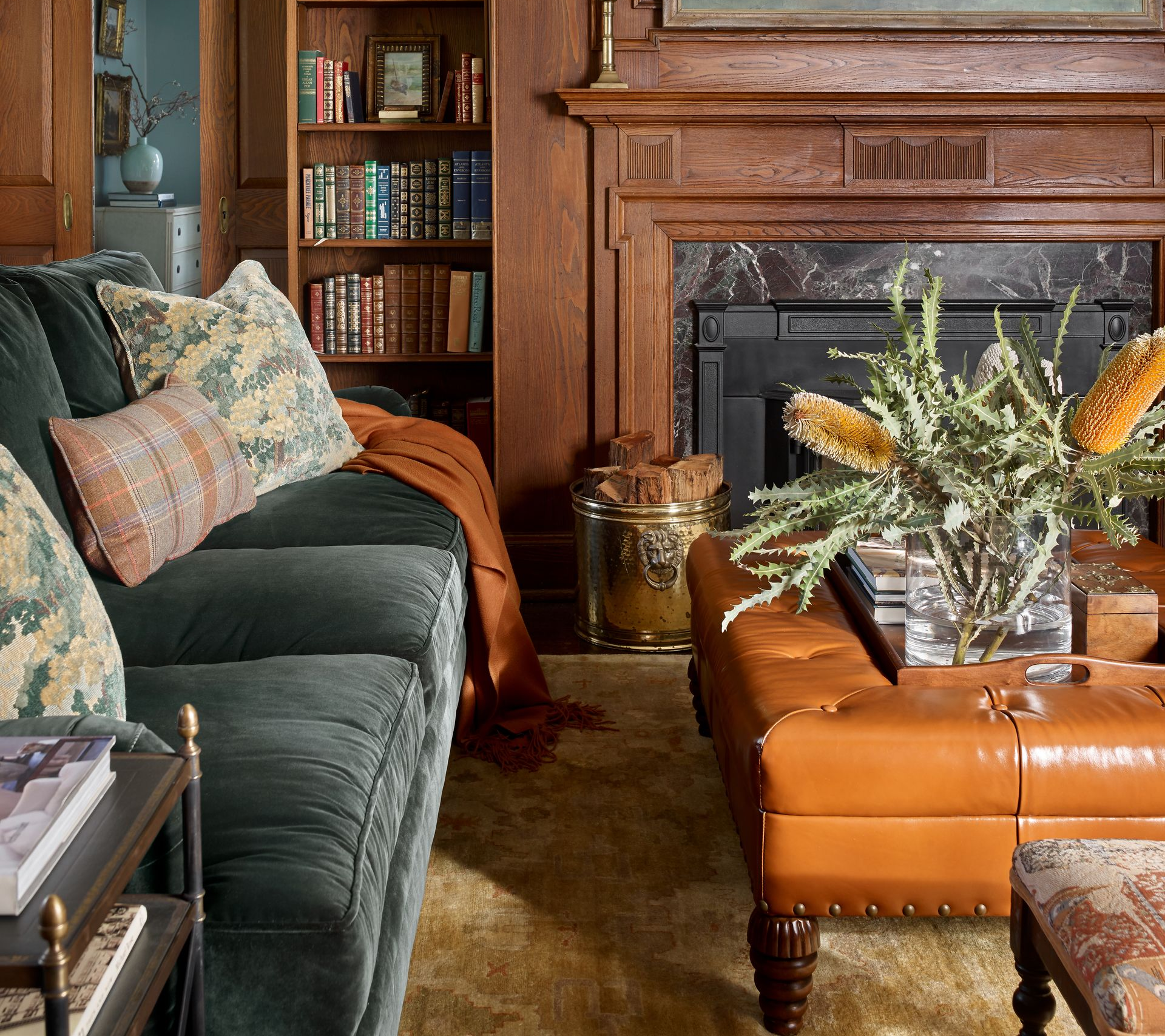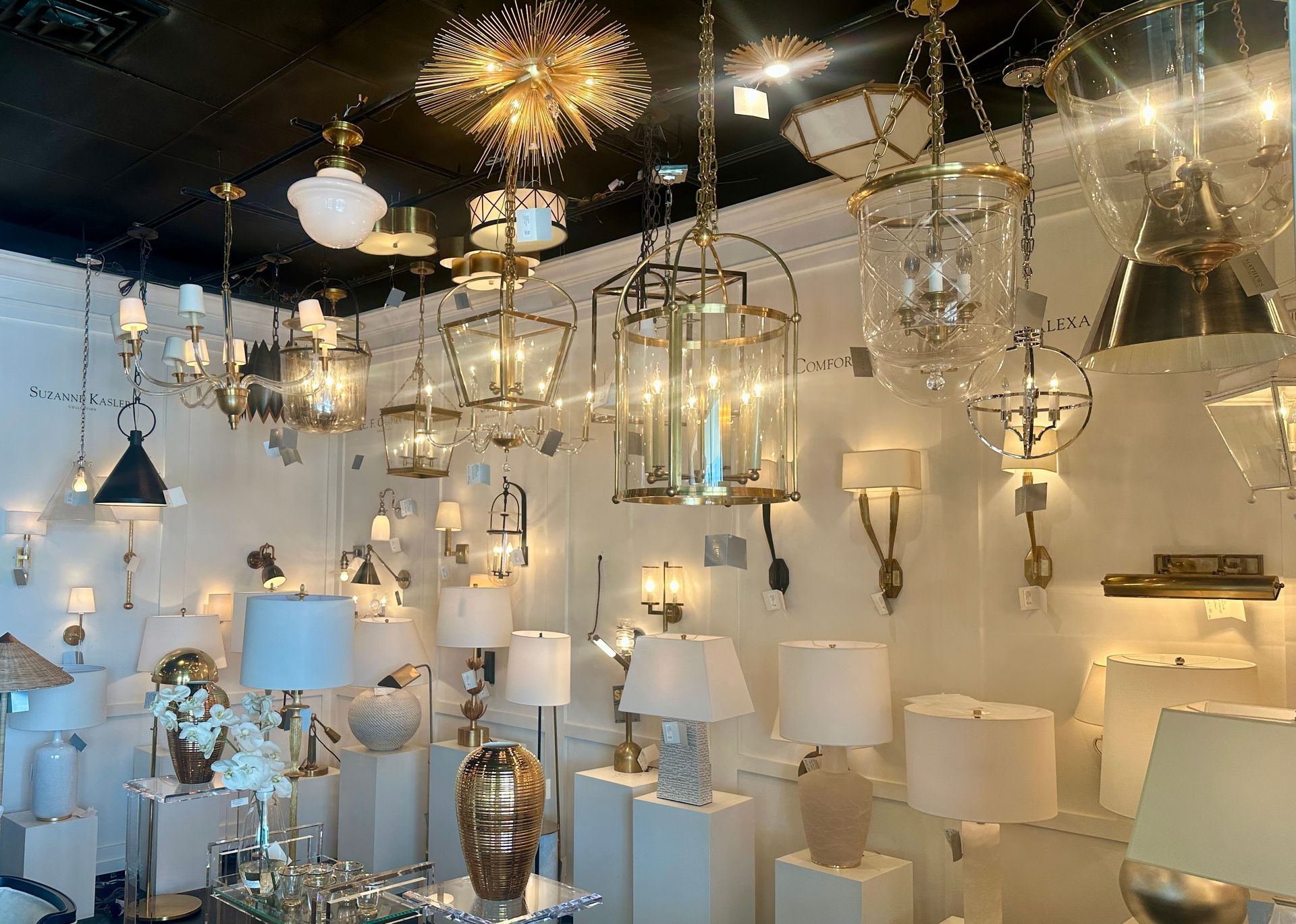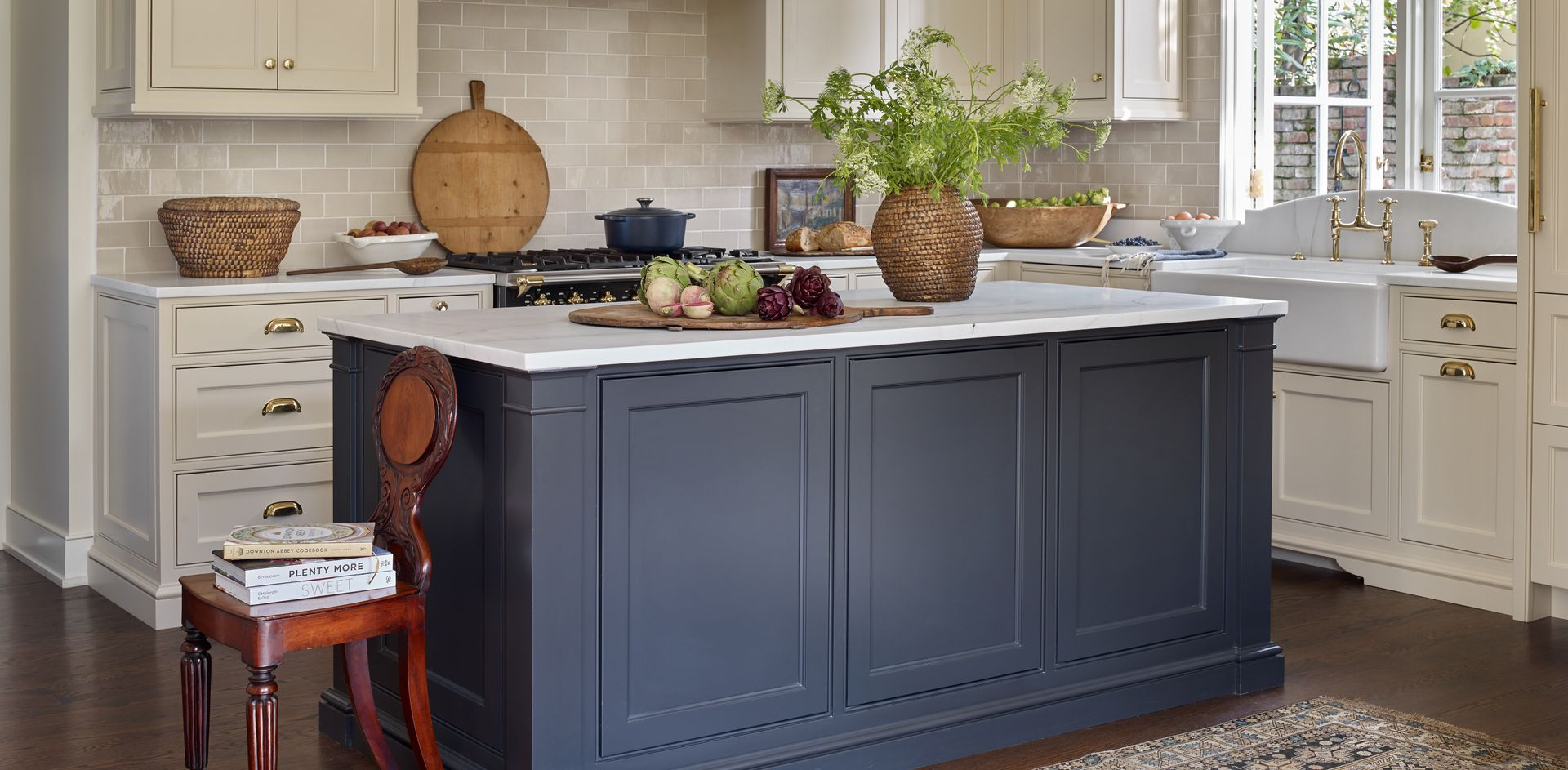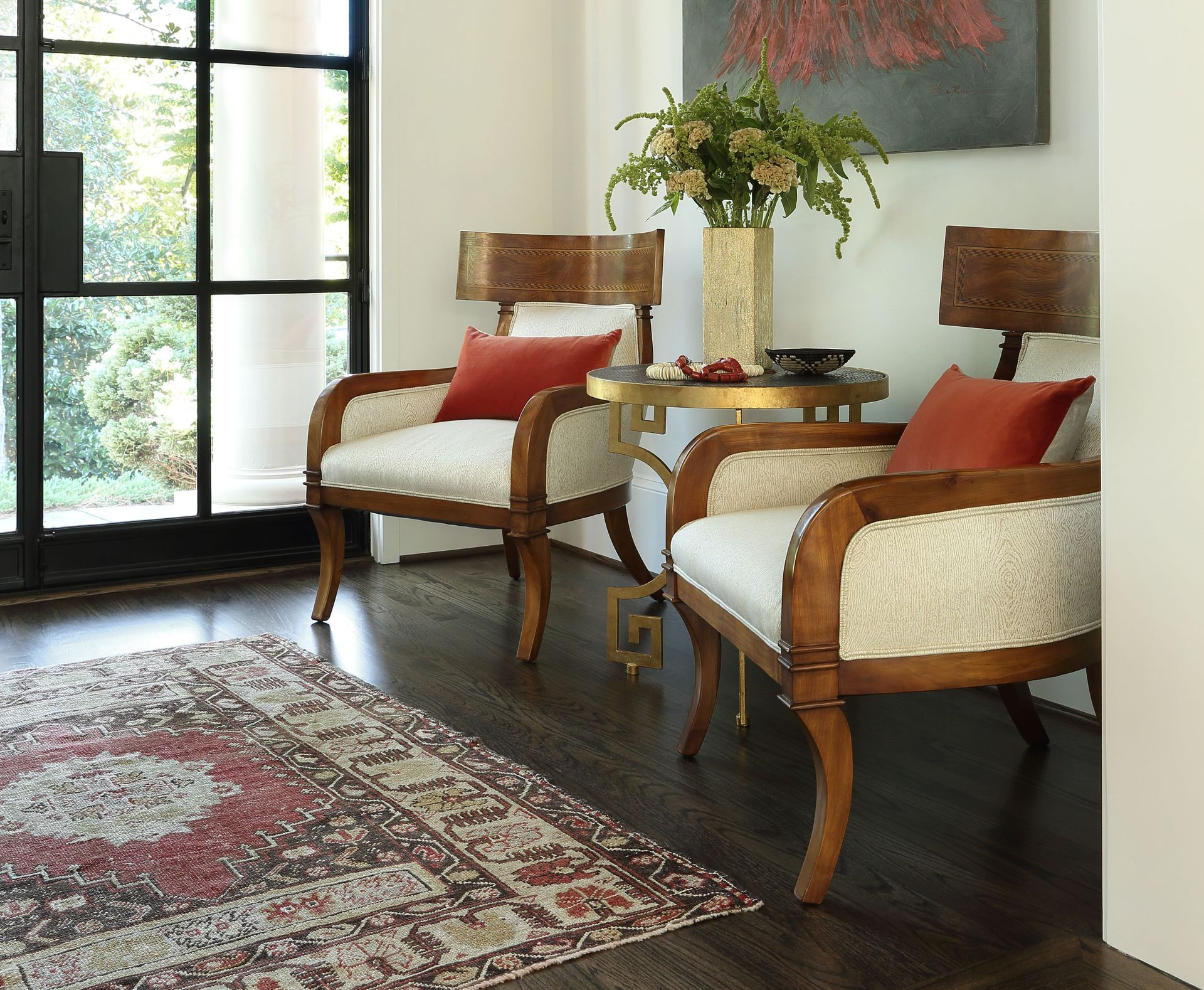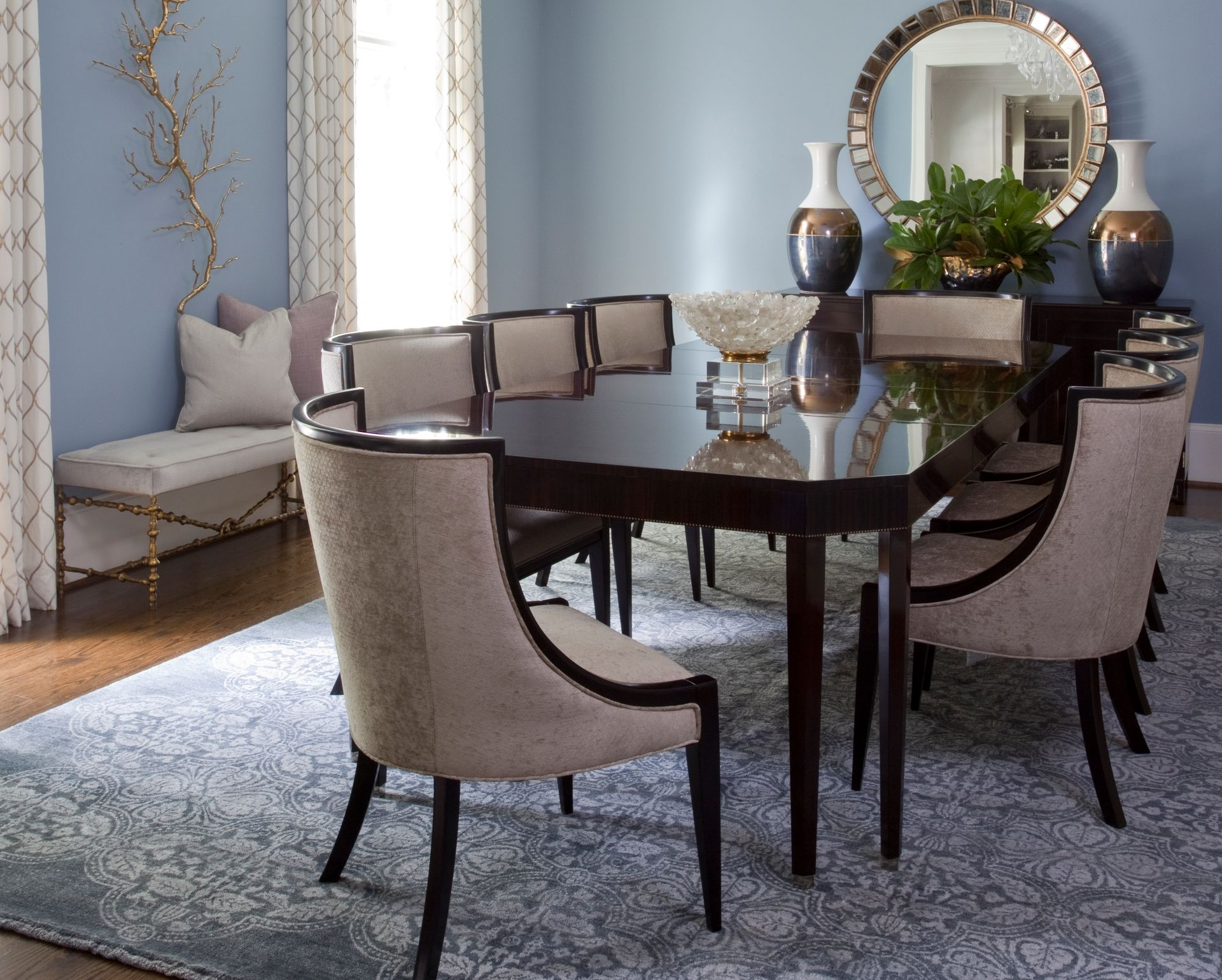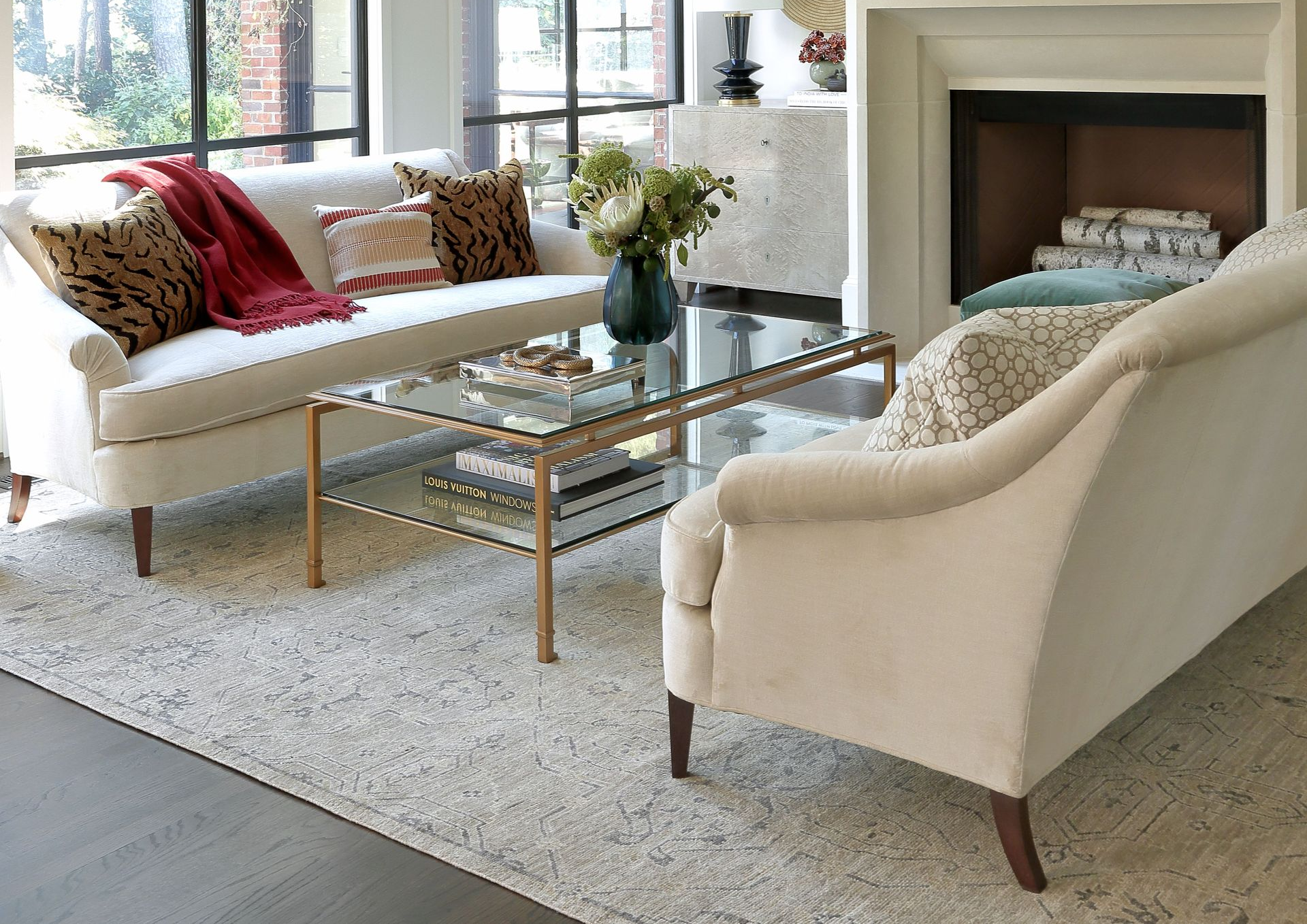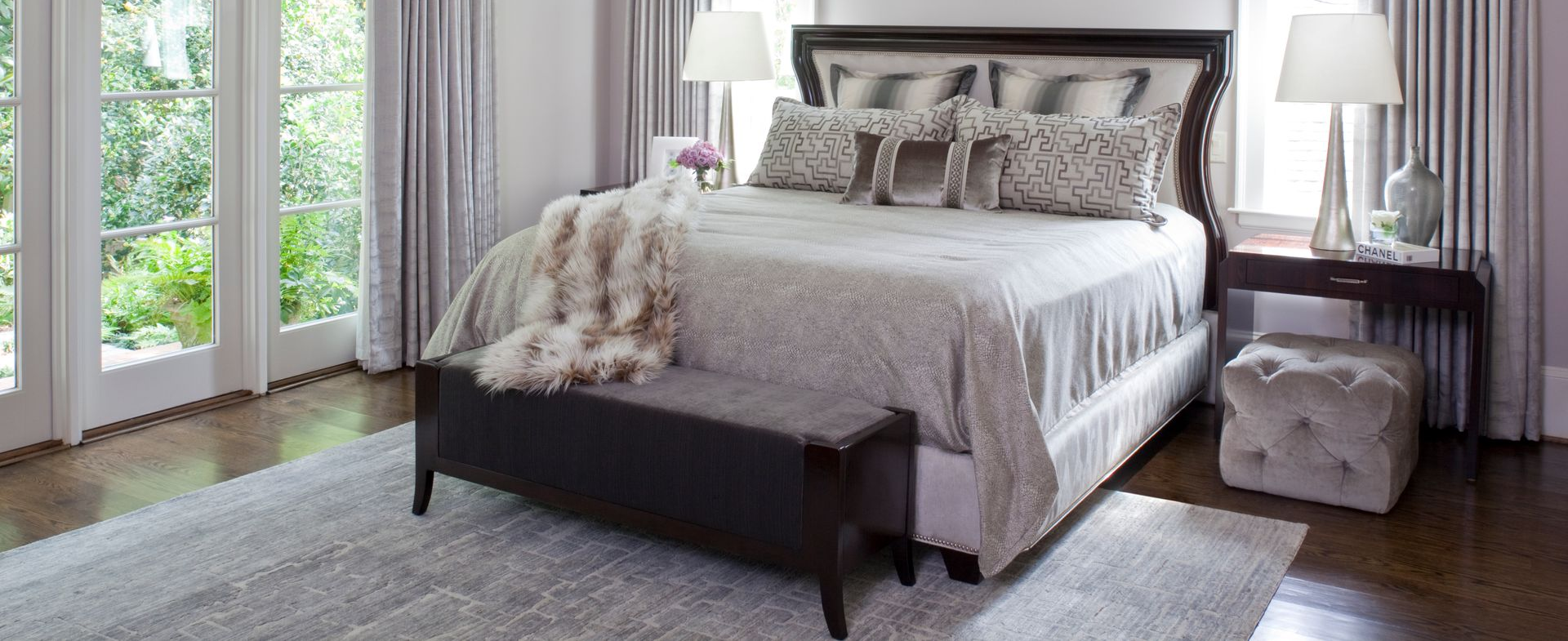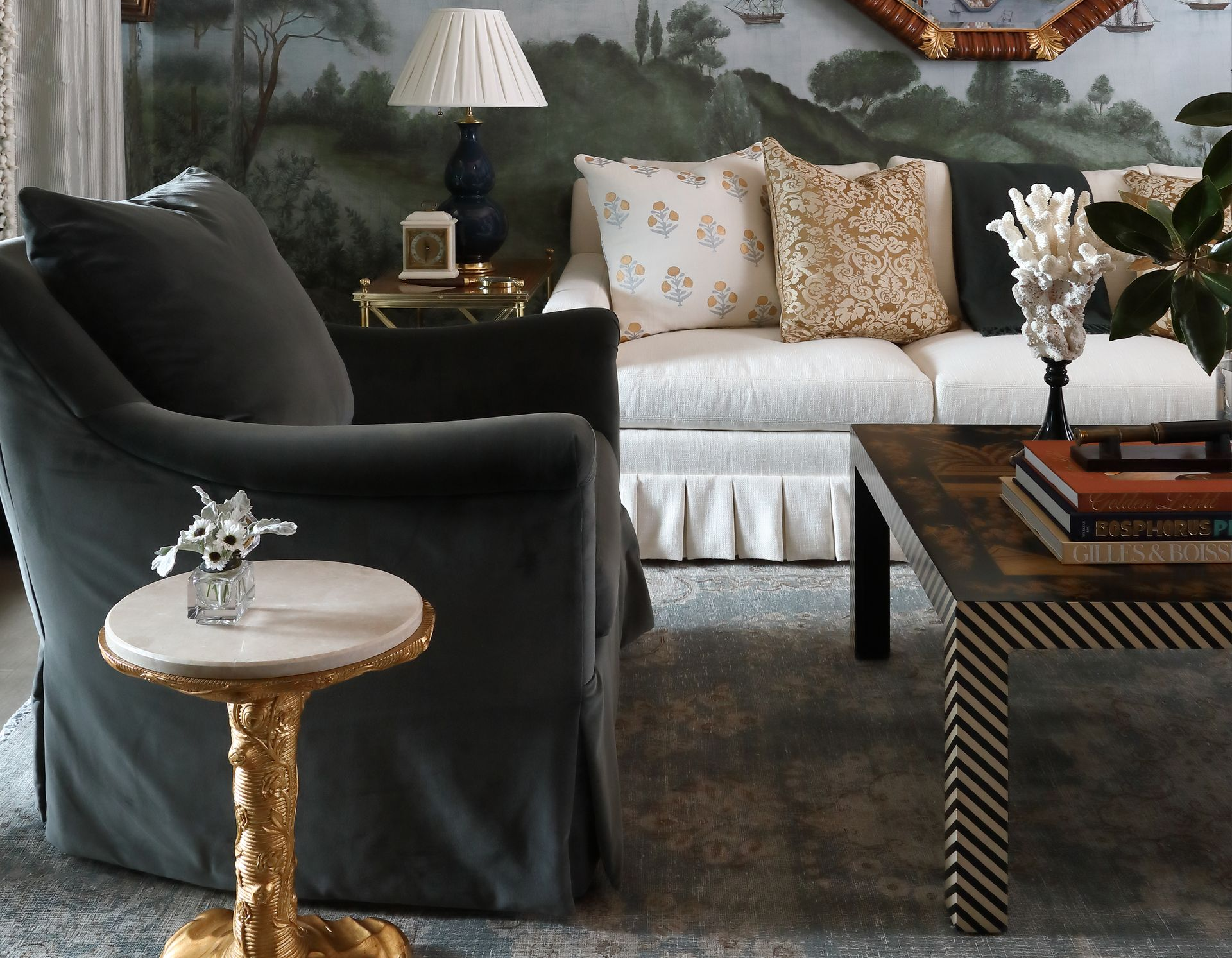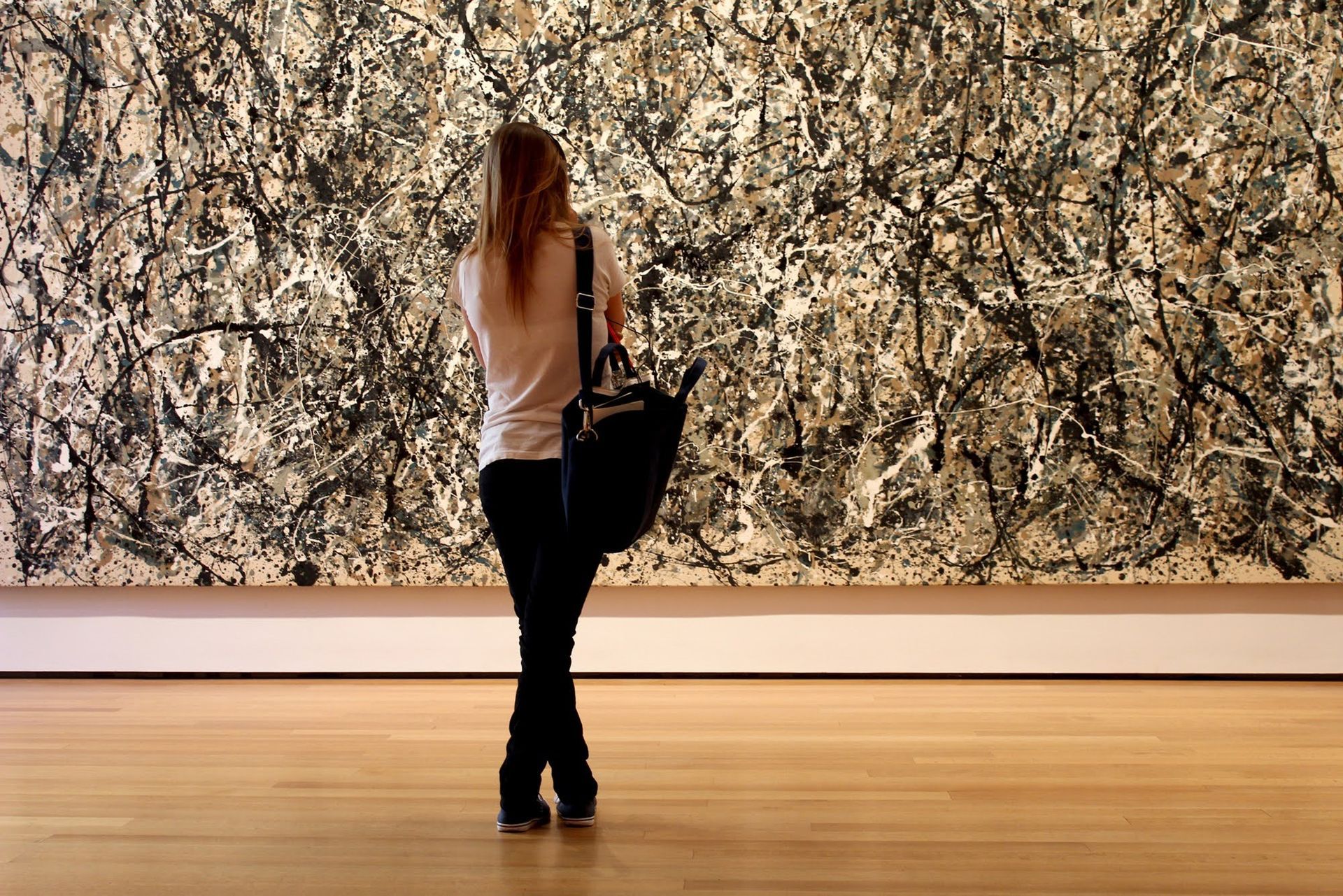5 Ways Good Interior Design Helps Your Mental Wellbeing
1. Improve Lighting
Natural sunlight is the best type of light, and it can affect your mood. Does your home take advantage of natural sunlight? What about increasing artificial light sources? The right lighting plan not only helps your mental health, but it also makes rooms feel more open and airy or even larger and more comfortable.
2. Use Color Theory
Your home's color palette is often an overlooked way to improve your mental outlook. Color theory — the study of how colors work together as well as their effects on people — can make you feel better in two ways. First, it ensures that your colors work harmoniously and with purpose. You won't be jarred by bad combinations or the vague feeling that something is simply not right with a room.
Second, color theory matches the right hues with the feelings you want to invoke, and it helps avoid the wrong ones. Blues and greens may evoke calmness and relaxation, but yellow can cause feelings of frustration and dullness or make you feel energized and add warmth. It may take a professional to find this balance.
3. Organize Your Space
Does your home's lack of organization or clutter leave you feeling burdened and overloaded? If so, you're not alone. Many people aren't sure where to begin to solve the problem. While interior design outwardly focuses on placing the right furnishings and decor in the right place, it also removes what doesn't work for you and create a home for everything you need.
Home organization may call for big solutions, like custom cabinetry or redesigning how a room is used, or it could be as simple as adding a place for your keys and phone when you enter the foyer. Both can make you feel less harried.
4. Boost Safety and Health
A safe and healthy home is a happier, more nourishing home. Could yours use some work in this area?
Interior design improves safety and health in many ways. It may include better lighting, making areas accessible, fixing traffic flow for large households, updating old appliances, or removing hazardous materials. Your interior designer may suggest handrails, safer bathroom materials, or safety features for kids. By tailoring their plans to how you use your house, they'll leave everyone more at ease.
5. Match Your Lifestyle
Finally, does your home fit your lifestyle? Even if you designed your home to match your personality, interests, and family size, things may have changed over the years. Bedrooms might be unused after kids leave. You may not use your formal living room or dining room often. Perhaps you've outgrown your kitchen storage or closet space, or you just don't enjoy the mid-century modern style like you once did.
Matching your home to your personality can make it feel like a haven and a comfort. Mismatched needs and spaces leave homeowners frustrated and constantly challenged by their own house. This is why an interior designer is a great ally. They're an independent observer whose only focus is how you use the home now rather than in the past.
Are you ready to begin using your home to improve your mental health? Start by meeting with the team at Mathews Furniture + Design. We work with clients to understand what they love about their homes and what they find challenging. Then we can take that knowledge and help you design a space that you'll want to come home to every day for many years. Call today to schedule an appointment.


